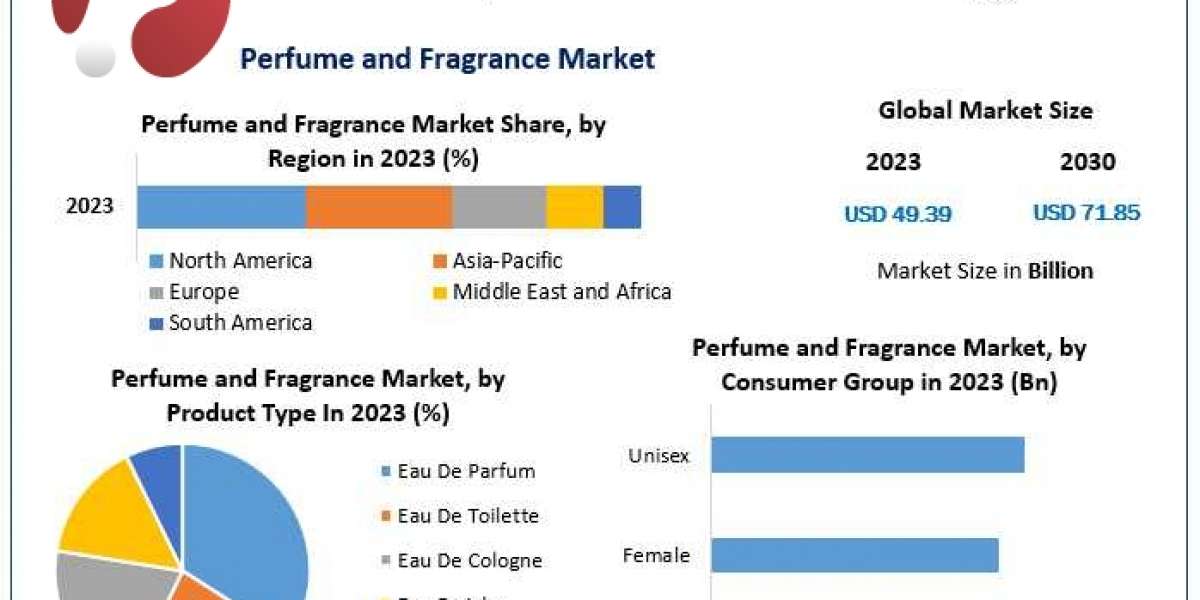ISO 13485 Certification in Argentina: Ensuring Quality in the Medical Device Industry
ISO 13485 is the internationally recognized standard for quality management systems (QMS) in the medical device industry. It provides a framework for organizations to design, produce, and maintain medical devices that meet regulatory requirements and ensure patient safety. In Argentina, ISO 13485 certification is crucial for medical device manufacturers seeking to improve their product quality, ensure regulatory compliance, and gain a competitive edge in both local and international markets. This article explores ISO 13485 certification in Argentina, covering the following subtopics:
- Understanding ISO 13485 and Its Significance for the Medical Device Sector in Argentina
- Steps to Achieving ISO 13485 Certification in Argentina
- Key Requirements of ISO 13485 for Medical Device Manufacturers in Argentina
- Benefits of ISO 13485 Certification for Medical Device Companies in Argentina
- Understanding ISO 13485 and Its Significance for the Medical Device Sector in Argentina
ISO 13485 is a specialized quality management standard that focuses on the design, manufacturing, and maintenance of medical devices. The certification is crucial for organizations in the medical device sector because it ensures that products are consistently produced to meet safety and regulatory requirements, minimizing risks to patients and users.
In Argentina, the medical device industry plays an important role in the national healthcare system. However, like many countries, Argentina faces increasing demands for higher quality standards and greater regulatory compliance in the healthcare sector. ISO 13485 certification is essential for companies to maintain competitiveness in both domestic and international markets, as regulatory bodies worldwide often require ISO 13485 certification for market access. The standard also helps companies in Argentina demonstrate a commitment to quality, improve internal processes, and enhance their reputation with healthcare providers and patients.
- Steps to Achieving ISO 13485 Certification in Argentina
The process of obtaining ISO 13485 certification in Argentina follows a structured approach, ensuring that medical device manufacturers meet the necessary requirements to implement a quality management system. The steps to achieving ISO 13485 certification include:
- Preliminary Assessment and Gap Analysis:
Before beginning the certification process, organizations in Argentina should perform a gap analysis to identify areas where their current processes do not meet ISO 13485 requirements. This helps organizations understand what changes are necessary to achieve compliance and identify resource needs. - Developing and Implementing a Quality Management System (QMS):
The next step is to develop and implement a QMS tailored to ISO 13485 standards. This involves documenting quality policies, procedures, and processes that align with the standard’s requirements. A robust QMS includes key elements like risk management, traceability, design controls, and corrective actions. - Internal Audits and Management Reviews:
Once the QMS is in place, internal audits should be conducted to assess the effectiveness of the system and ensure compliance. Management reviews are also required to evaluate the system’s performance, make necessary improvements, and ensure alignment with business objectives. - Certification Audit:
After completing internal audits and addressing any non-conformities, organizations can proceed to the final certification audit. An accredited certification body will assess the organization’s QMS to ensure it meets ISO 13485 requirements. If successful, the organization will be granted ISO 13485 certification. - Continuous Monitoring and Surveillance:
ISO 13485 certification is not a one-time event. Organizations must undergo regular surveillance audits (usually annually) to ensure that their QMS remains effective and compliant with the standard’s evolving requirements. - Key Requirements of ISO 13485 for Medical Device Manufacturers in Argentina
ISO 13485 includes a series of specific requirements for medical device manufacturers in Argentina to ensure the quality and safety of their products. Some of the key requirements of ISO 13485 include:
- Quality Management System:
A comprehensive QMS that covers all aspects of medical device manufacturing, from design and production to post-market activities. The QMS must be documented and implemented across the organization. - Risk Management:
ISO 13485 requires organizations to implement a systematic approach to risk management throughout the product lifecycle. This includes identifying, evaluating, and controlling risks related to product design, production, and post-market surveillance. - Document Control and Traceability:
ISO 13485 requires effective document control procedures to ensure that all records related to product quality, design, and production are properly managed. Traceability is critical, allowing organizations to track products and components through the supply chain, ensuring accountability and transparency. - Design and Development Controls:
The standard emphasizes the need for clear design and development controls to ensure that products meet specified requirements. This includes validating design processes, documenting specifications, and verifying that products perform as intended before release. - Corrective and Preventive Actions (CAPA):
ISO 13485 requires organizations to implement corrective and preventive actions to address identified nonconformities. This ensures that the QMS is continuously improved and that potential issues are addressed before they lead to product failures or safety concerns. - Supplier Management:
Organizations must evaluate and monitor suppliers to ensure that raw materials, components, and services meet quality and regulatory requirements. Supplier audits and quality agreements are crucial elements of this process. - Benefits of ISO 13485 Certification for Medical Device Companies in Argentina
ISO 13485 certification offers numerous benefits for medical device companies operating in Argentina, including:
- Regulatory Compliance:
ISO 13485 is recognized by regulatory bodies worldwide, including ANMAT (the National Administration of Drugs, Foods, and Medical Devices) in Argentina. Certification ensures that organizations comply with local and international regulatory requirements, facilitating market access and product approval. - Enhanced Product Quality and Safety:
The primary benefit of ISO 13485 certification is the improvement of product quality and safety. By implementing a structured QMS and risk management practices, medical device manufacturers can reduce the likelihood of product defects, recalls, and safety issues, ensuring better outcomes for patients and healthcare professionals. - Competitive Advantage in the Global Market:
ISO 13485 certification enhances a company’s reputation in the global market. It demonstrates that an organization adheres to internationally recognized standards, which is particularly valuable when entering markets like the EU, North America, or Asia, where ISO 13485 is often a prerequisite for market entry. - Improved Operational Efficiency:
ISO 13485 encourages continual improvement in processes and product development. By following a risk-based approach and focusing on efficiency, organizations in Argentina can reduce waste, streamline operations, and achieve cost savings while maintaining product quality. - Increased Customer Satisfaction and Trust:
ISO 13485 certification fosters trust with customers, as it demonstrates a commitment to producing high-quality, safe medical devices. This can lead to increased customer loyalty, repeat business, and a stronger reputation within the healthcare sector.
Conclusion
iso 13485 argentina is a vital standard for medical device manufacturers in Argentina, offering a comprehensive framework for quality management, regulatory compliance, and product safety. With a structured approach to implementation, organizations can ensure the consistency and safety of their products, reduce risks, and gain a competitive advantage in both local and international markets. ISO 13485 certification provides numerous benefits, including regulatory compliance, improved product quality, enhanced operational efficiency, and increased customer trust. For companies in Argentina looking to stay ahead in the medical device industry, achieving ISO 13485 certification is a key step toward success.













